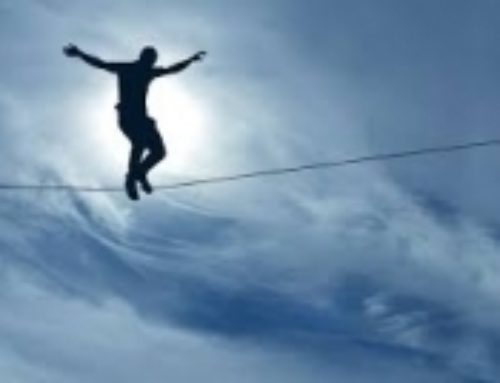MAYBE IT’S TIME TO ASK FOR HELP
“When you ask someone for help, you aren’t putting them out, you are pulling them up. Our lives are richer when we share our gifts with others, not poorer.”
We think asking for help is a sign of weakness and that being self-reliant is the key to success. But the opposite is true: Realizing we cannot do something and need help shows both humility and strength. Relying on others can help us better reach our goals. The decision to seek help by beginning psychotherapy is a step in helping yourself.
All of us go through challenges — some you can see, most you can’t, says Michele L. Sullivan. We are all part of each other’s support systems. “The only shoes you can walk in are your own,” with compassion, courage and understanding, we can walk together, side by side.”
Just because you don’t see people asking for help doesn’t mean they don’t want to. By modelling your own openness and acceptance to asking for and receiving help, you help create an environment for others to do the same. Putting off asking for help until you’re desperate to be saved makes the situation stressful for all involved.
“Get over yourself. No one—and I mean NO ONE—got anywhere alone. You cannot and should not do everything yourself. You are not, in fact, always the best person for the job, or the“only” person who can do it.-Camille Preston – Fortune
The act of asking for support and openly receiving is probably one of the hardest life skills to practice, yet it’s the skill that can make you a better human being. Sometimes we stand in our own way without realizing it. Certain beliefs or ways of thinking can make it hard to see opportunities for help.
Some Assumptions standing in the way of people asking for and receiving support are:
Assumption 1: It’s a sign of weakness. If I can’t do it on my own, I must not know how to do it, or I don’t have the skills or resources to do it.
Assumption 2: Allowing someone else to help me means I lose control of the situation.
Assumption 3: If I receive support then I have to reciprocate. What if I can’t return the favor?
Assumption 4: Asking for the support of others, I am burdening them. They are just as busy as me so how could they find the time to help out?
Assumption 5: I am the only one that can do it my way. It’s easier and quicker for me to do it than to show or teach someone else to help me.
“It seems like leaders are always lamenting the lack of cooperation and collaboration in their organizations. But more often than not, the culprit isn’t their employees’ unwillingness to give others a hand — it’s the fact that most people simply don’t, or won’t, ask for help.”- Wayne Baker, Harvard Business Review
Earn responses to your requests by generously helping others in the first place.
By building a positive reputation as someone who helps others; others will then want to help you. A desire to repay help appears to be hard-wired in the human species.
Our culture tell us to be confident, strong and independent. So instead of asking for support, we try to do everything ourselves. We do whatever it takes to get the job done on our own. The truth is, we never do anything on our own.” – John Wooden
We are more powerful, stronger and effective when we work together with others. We become stronger when we are aware, conscious, continuously growing personally and professionally, and when we courageously ask for and openly receive support.
Here is why….
– When you ask for support, you maintain focus and energy as the task is shared with another
– By asking for support, you create opportunities for others to share their gifts and talents. You empower others to shine, and you learn more about others’ strengths and passions.
– Asking for support, you allow others to experience the happiness that comes from giving. When we give or receive a gift, we release oxytocin, a powerful bond-stimulating hormone.
– You are trusting in others, which strengthens the trust between you and your supporters, when you ask for support.
– By requesting support, you are stating that you are imperfect just like everyone else and others will relate to you. No one is perfect and everyone has room to grow.
Allowing others to help is a gift we give others, allowing them to utilize their strengths. Most of us feel good and a sense of pride when given the opportunity to help another. By refusing to ask for assistance, we are depriving others of a chance to feel needed, valued, appreciated and to connect.
In summary, there is strength in being vulnerable, in being human, in asking for help. We were designed to co-create life changing experiences together.
A step to helping yourself is seeking the clinical services of Lind Butler, MEd, LPC, Psychotherapy, Houston TX.
“I



